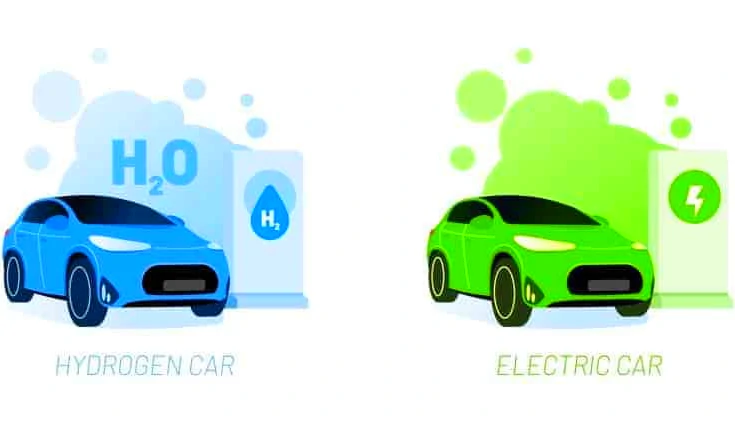The future of transportation: hydrogen or electric cars? The future of transportation is a complex and multifaceted topic that involves various technologies and approaches. Both hydrogen fuel cell vehicles (HFCVs) and electric vehicles (EVs) have emerged as promising alternatives to traditional internal combustion engine vehicles, offering potential solutions to address concerns such as greenhouse gas emissions, air pollution, and dependence on fossil fuels.
Each technology has its own advantages and challenges, and the choice between hydrogen and electric cars depends on several factors:

The Future of Transportation: Hydrogen or Electric Cars?
Hydrogen Cars or Electric Cars?
- Infrastructure: One key consideration is the availability and readiness of infrastructure to support each technology. Electric vehicles benefit from an existing infrastructure of charging stations that continues to expand globally. On the other hand, hydrogen fueling stations are less common and would require significant investment in infrastructure development.
- Energy Source: Both hydrogen and electric vehicles can be powered by renewable energy sources such as solar, wind, and hydroelectric power. However, the efficiency and environmental impact of producing hydrogen vary depending on the method used, such as electrolysis of water or reforming natural gas.
- Energy Density and Range: Hydrogen fuel cell vehicles generally have higher energy density and longer driving ranges compared to battery electric vehicles. This makes them more suitable for long-distance travel and heavy-duty applications such as trucks and buses.
- Cost and Manufacturing: Currently, electric vehicles have a cost advantage over hydrogen fuel cell vehicles due to the maturity of battery technology and economies of scale in production. However, advancements in hydrogen storage and fuel cell technology could potentially reduce costs over time.
- Environmental Impact: Both hydrogen and electric vehicles offer significant reductions in greenhouse gas emissions compared to conventional gasoline and diesel vehicles. However, the environmental impact also depends on factors such as the source of electricity or hydrogen production, as well as the manufacturing processes involved.
In conclusion, the future of transportation may involve a combination of hydrogen and electric vehicles, along with other sustainable transportation solutions such as public transit, biking, and walking. The choice between hydrogen and electric cars will depend on factors such as infrastructure development, technological advancements, cost considerations, and environmental priorities. Ultimately, a diverse and adaptable approach to transportation will be essential to address the challenges of climate change and urban mobility in the years to come.




